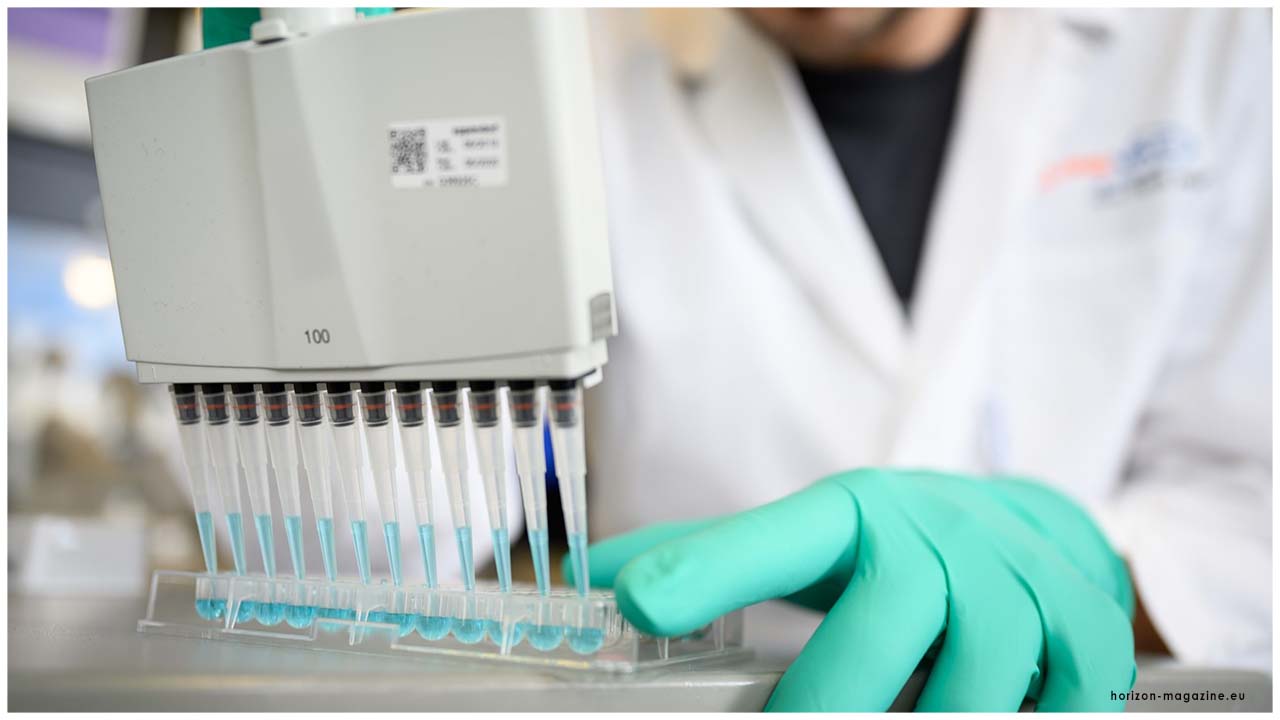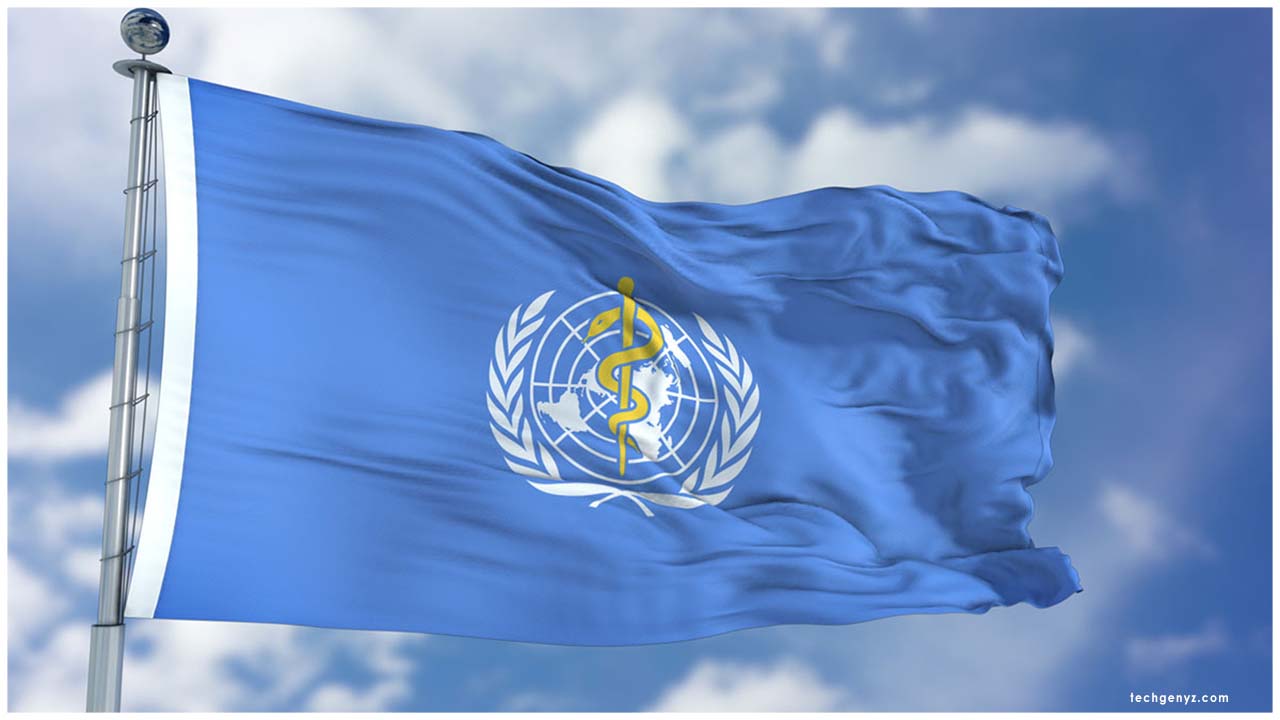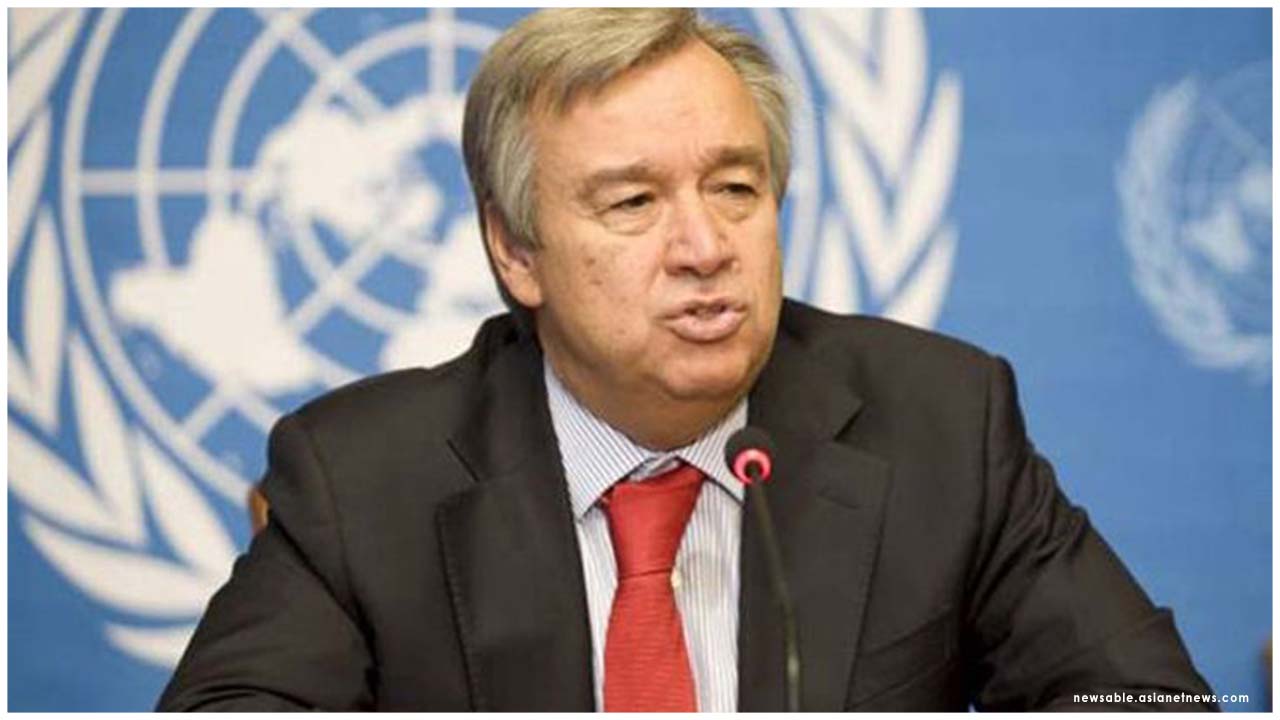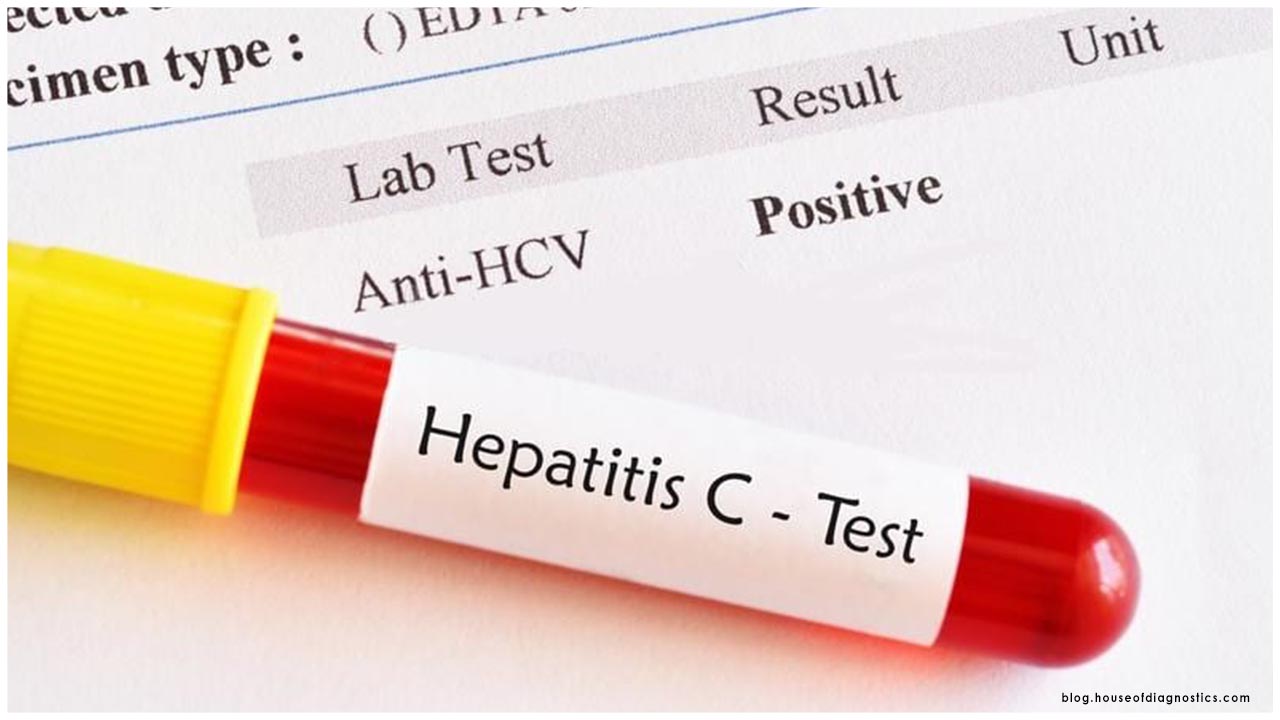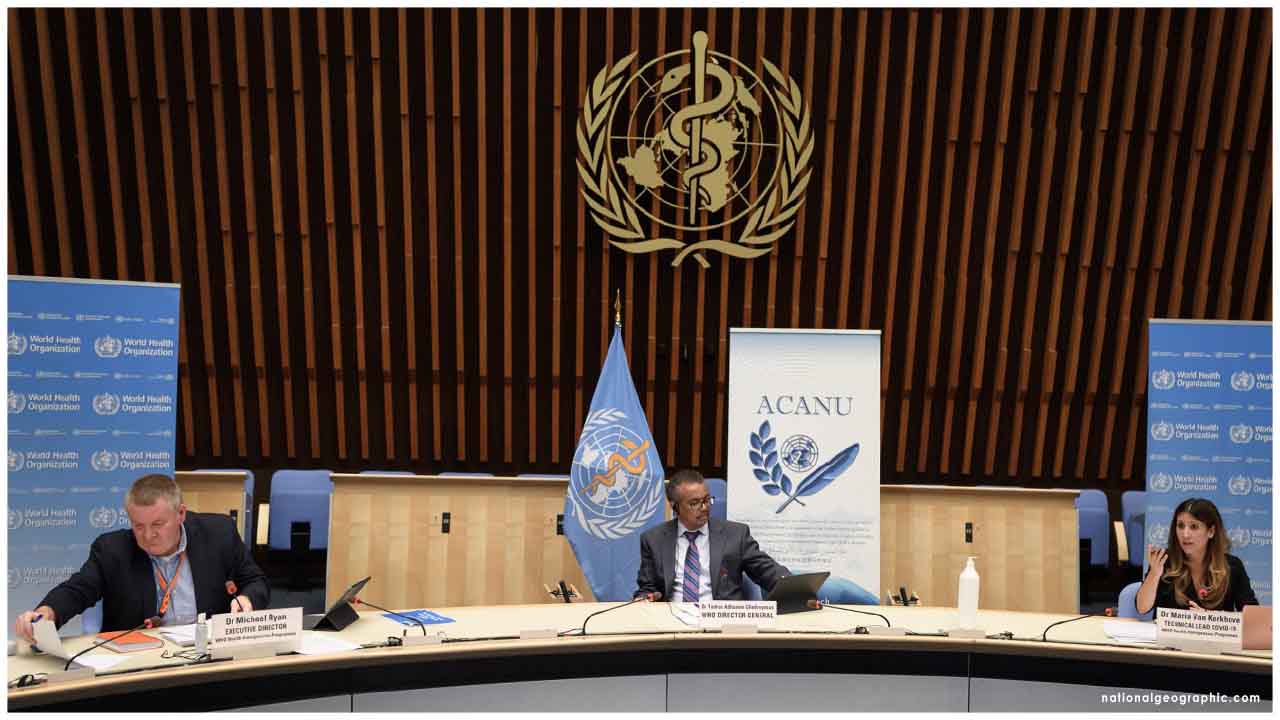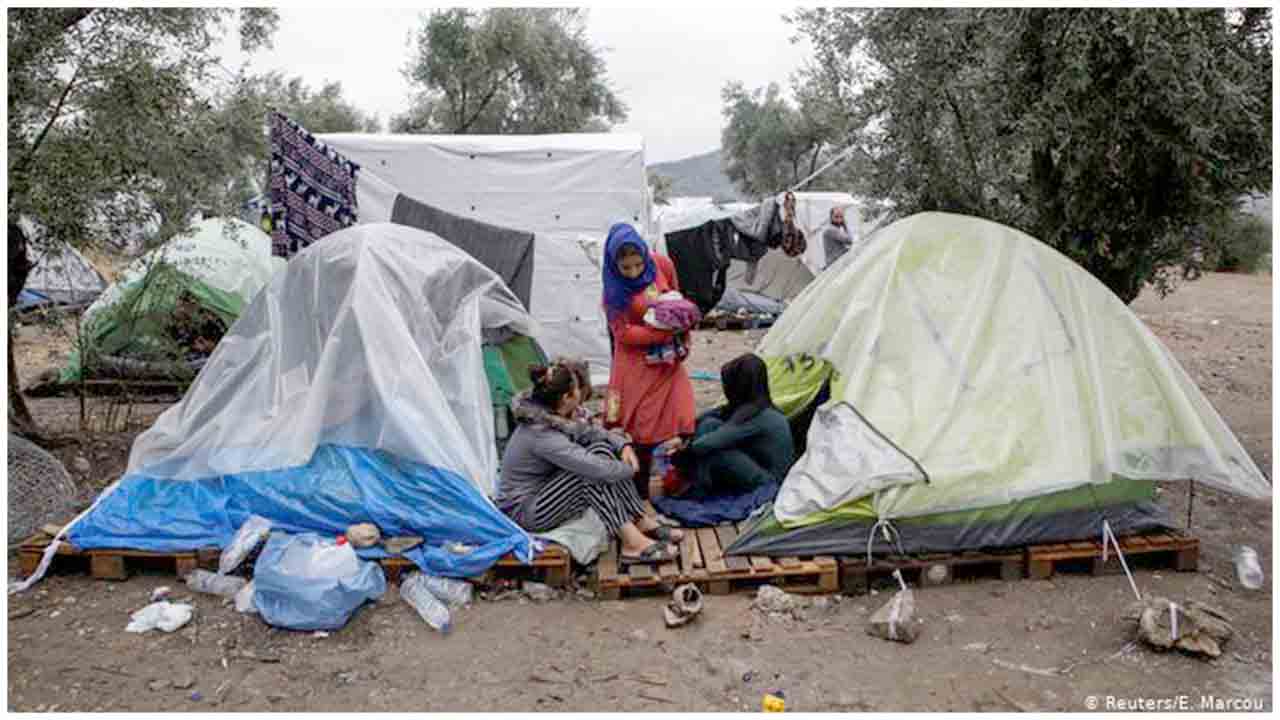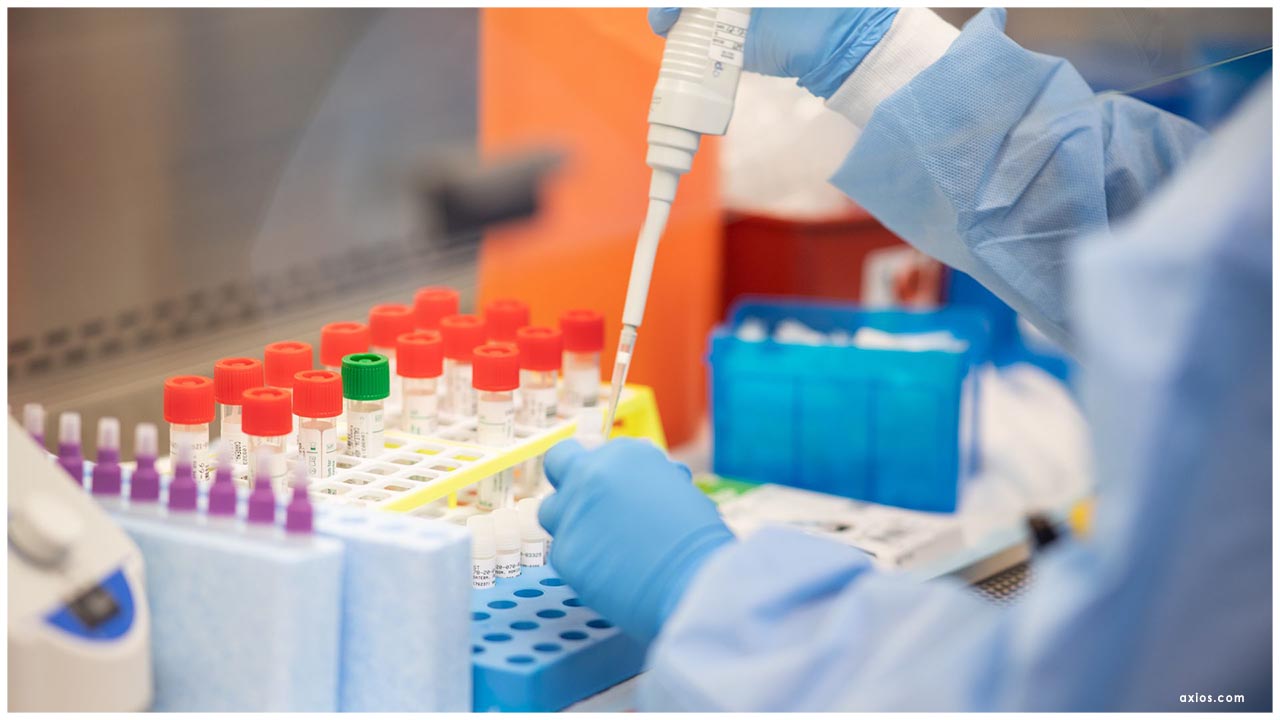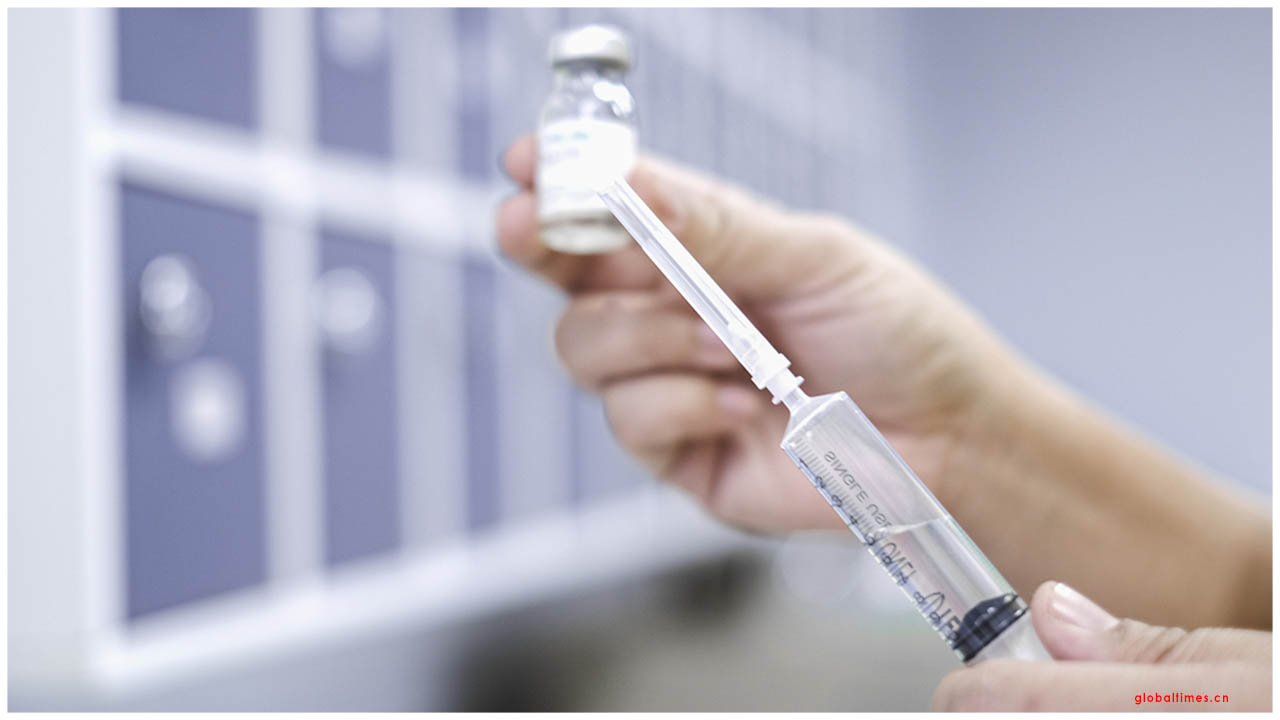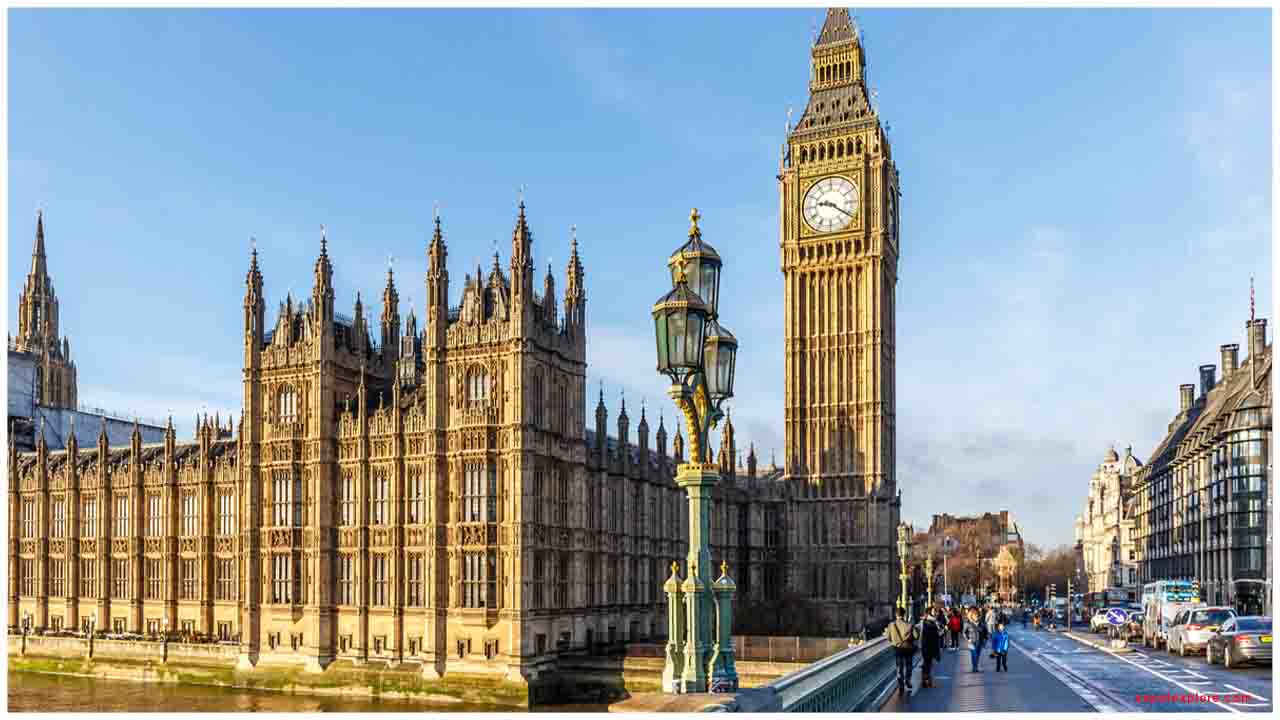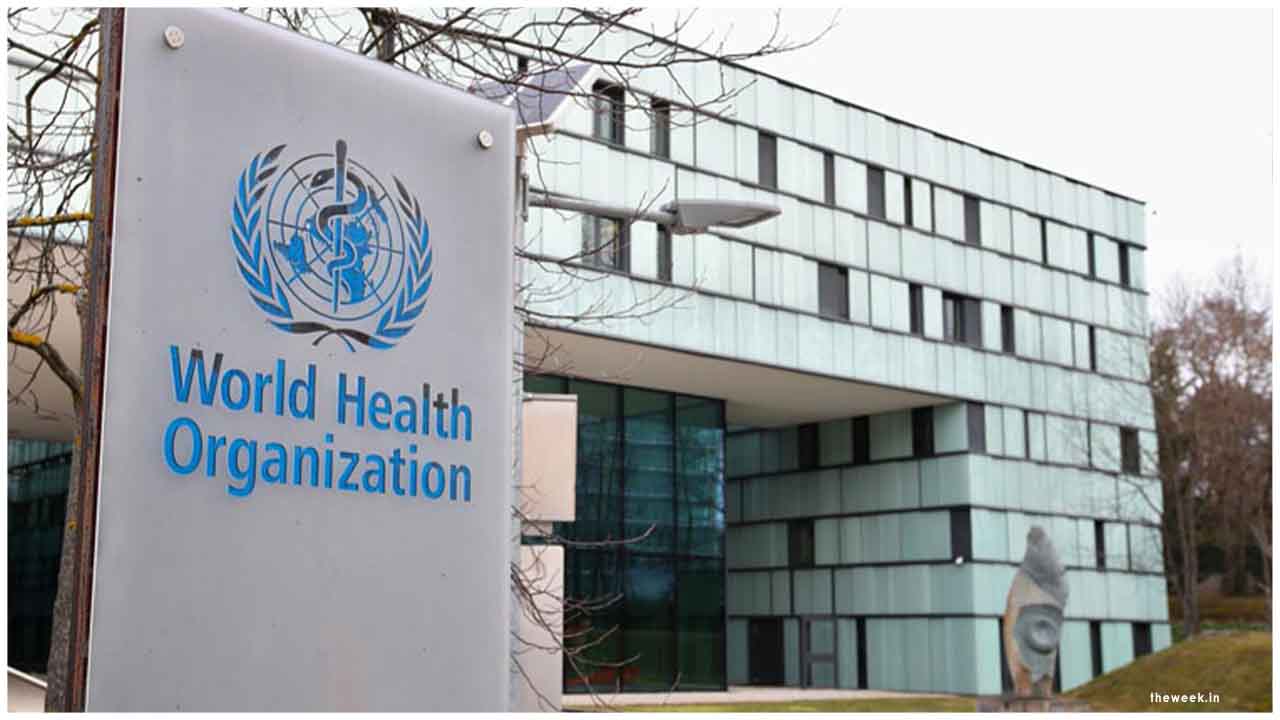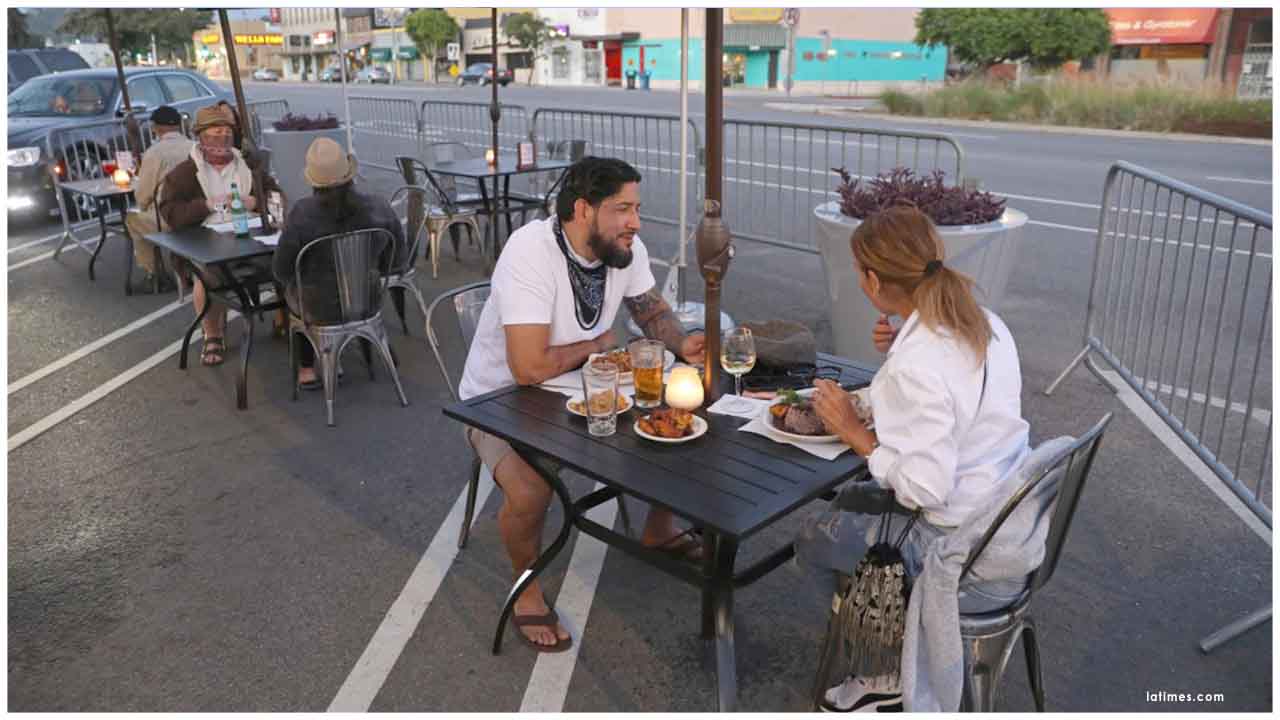Chloroquine and hydroxychloroquine, either alone or in blend with the anti-microbial azithromycin, don't show any eminent antiviral impact against contaminations with the novel coronavirus in macaques or human lung cells, as indicated by two new investigations in the diary Nature.
Hydroxychloroquine (HCQ) and chloroquine, two medications, normally utilized for the treatment of jungle fever, have been examined for their capability to treat COVID-19 over 80 enrolled clinical preliminaries, and have been appeared to hinder the novel coronavirus, SARS-COV-2 disease in cell societies, the researchers said.
Be that as it may, they stated, the viability of these medications in the treatment of patients with COVID-19 has been discussed.
In one of the investigations, researchers including Roger Le Grand from the French National Institute of Health and Medical Research surveyed the impacts of HCQ treatment in cynomolgus macaques, a non-human primate model of SARS-CoV-2 disease in people.
They found that HCQ demonstrated no considerable antiviral action, paying little mind to the planning of treatment inception, either before contamination, not long after disease, or late after disease.
As indicated by the examination, utilizing the antimalarial sedate in blend with azithromycin, an anti-toxin, had no striking impact on infection levels in the macaques either.
In the other examination, Stefan Pohlmann and his associates from the Leibniz Institute for Primate Research in Germany found that chloroquine has no antiviral action against SARS-CoV-2 in human lung cells.
They clarified that in past examinations, the cells which were utilized to show a constructive outcome for chloroquine didn't have a protein that is regularly present in human lung cells and encourages the passage of SARS-CoV-2.
The researchers who directed this investigation underscored the significance of utilizing cell lines which emulate human lung tissue in considers that survey the movement of medications against SARS-CoV-2.
As indicated by the researchers, these outcomes don't bolster the utilization of hydroxychloroquine and chloroquine for the treatment of patients with COVID-19.
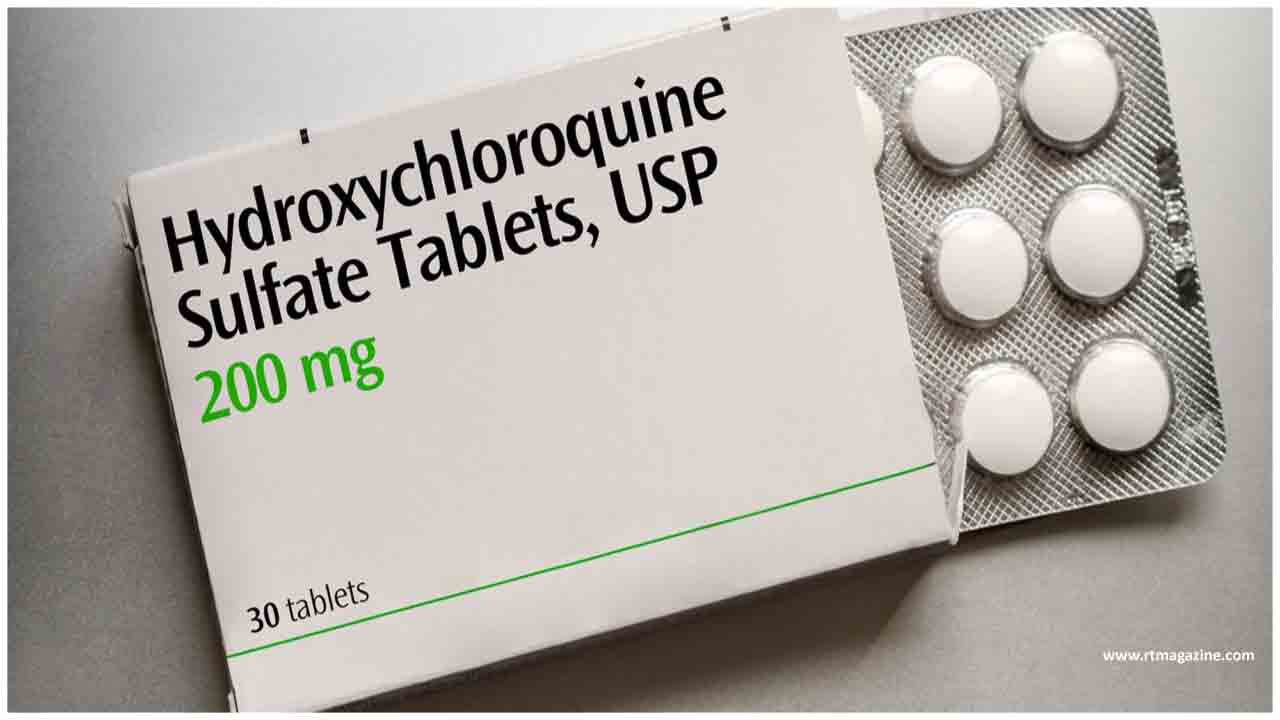
 Hydroxychloroquine (HCQ) and chloroquine, two drugs, commonly used for the treatment of malaria, have been investigated for their potential to treat COVID-19
Hydroxychloroquine (HCQ) and chloroquine, two drugs, commonly used for the treatment of malaria, have been investigated for their potential to treat COVID-19








